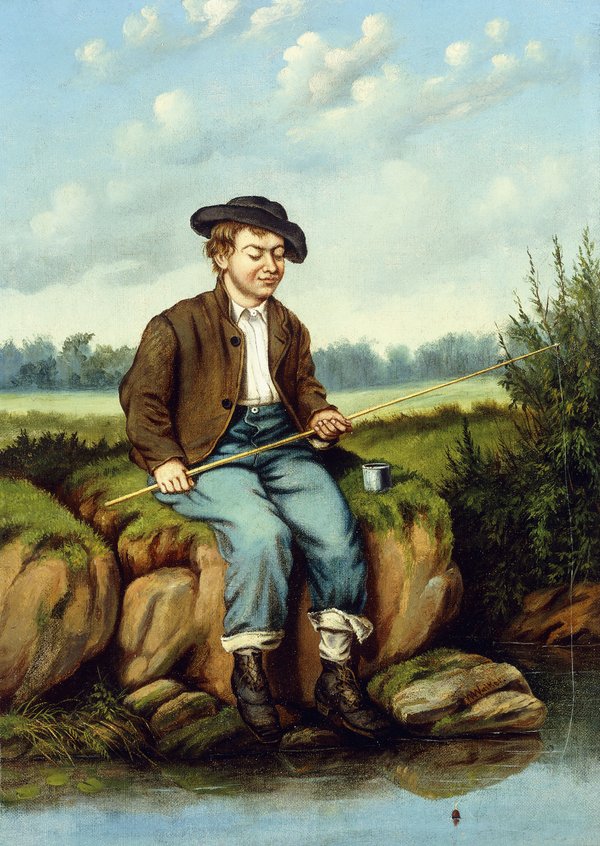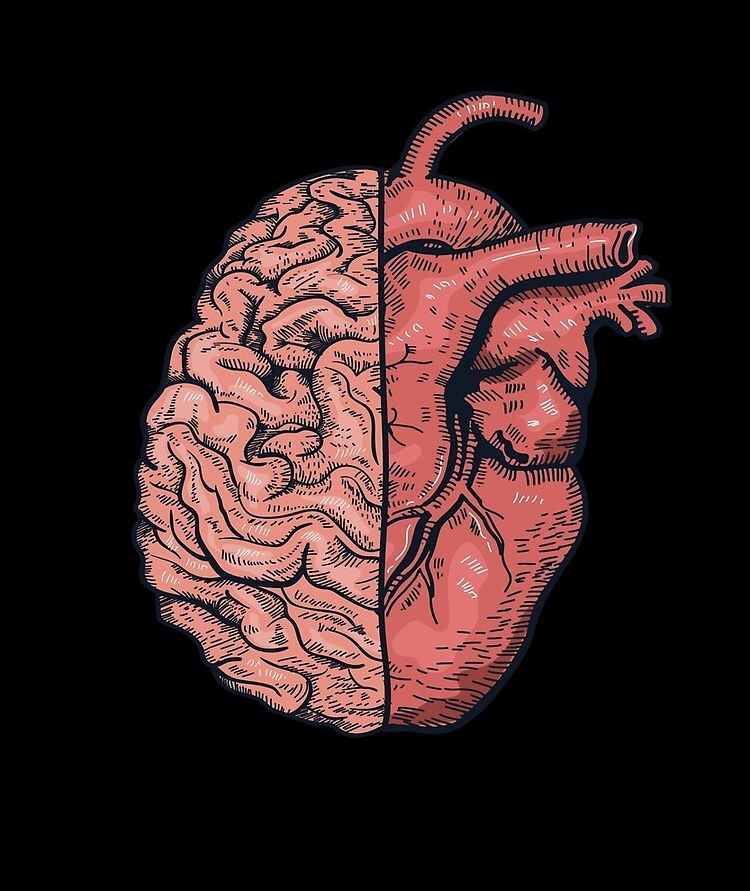Fred's Blog
-
The Unexpected Good
You would expect those on the leading edge of making the world a better place through breakthroughs in technology, science, and now the advent of artificial intelligence to be those with the most hope for the future. After all, are these not all at the heart of the accelerating progress we are making not only in these fields but in the alleviation of poverty, hunger, disease, mental illness and a host of other applications? This is the essence of their faith in “effective altruism” that is focused not merely on the present but on problems needing solutions hundreds of years from now. These are brilliant and powerful people thinking long…
-
The Crown of Creation
I have always read the Creation account in Genesis as God’s process (long or short) of making a world, populating it with living things and then as a final crowning achievement forming a man and woman out of the dust, breathing His life into them and then resting knowing the work is finished with those who, while a little lower than the angels, are given the world to rule, subdue and fill with offspring. Obviously, the order of His design established their importance. Lately, I am considering just the opposite: God created the world and then needed someone to tend it. It was good but needed a caretaker who, while…
-
Measure What Matters
When my father was five years old, he fell with a glass jar of peaches he was carrying and sliced open the wrist of his right hand. His father was a pastor in the poorest part of Nashville and had no insurance or access to medical care, so they took him to the closest hospital where the doctor on duty told them the nerve in my father’s right arm had been severed and would need reconnecting. The operating surgeon was drunk and botched the job, leaving Dad with a right hand that had little strength and was shaped somewhat like a claw. He was able to hold a nail between…
-
Eyes To See
As a Southern Baptist in Texas, I have often heard congregations and missions organizations promoting the urgency for church planting in areas of our country considered completely secular – cities with low church attendance and little visible Christian influence. Considered “hard soil” or “godless” or even “lost territory,” cities like Boston, Portland, New York and Seattle have attracted waves of young planters sent by their home churches and denominations to re-evangelize these “foreign” places and Gospel deserts. I recall a friend from Georgia who, upon returning from a trip to New England, told me there were no grocery stores in the entire region because she did not see a single…
-
Brothers
In May, our daughter Haley and I are walking the Portugal section of the El Camino and preparing for that reminded me of the last time I set out on a long walk. In 1963, as juniors in high school, four of us decided to take on President Kennedy’s challenge to walk 50 miles in one day. His brother, Bobby, had just finished his own walk, trudging through snow and slush from Washington, DC, to Harper’s Ferry, West Virginia – wearing Oxford loafers. We were inspired and anxious to do the same. Up at dawn in our loafers, we headed out with no forethought except the vague determination to return…
-
Heavy Fish and Light Lines
The first of two times I went fishing with my father I was nine years old and we were staying for two nights in Camden, Maine. It was handline fishing from a boat rocking in a small storm on a cold day. Everyone was sick and all I remember is the repeated advice, “You’ve hooked him, now yank him!” Even though I’ve only been fishing once since then, I’ve read several books on fly-fishing and consider it an art. One of the best books I’ve read is by Howell Raines titled “Fly Fishing Through The Midlife Crisis.” Raines describes the difference between “hook ‘em and yank ‘em” and the subtlety…
-
How Can I Know?
I have often questioned the phrase, “What Would Jesus Do?” First, he had an advantage: walking on water, curing the sick, giving sight to the blind, and raising the dead. As well, it is difficult to predict with certainty what Jesus would do. We look for a tight pattern and we are often surprised. Sometimes he responds to crowds but then gets away from them. Sometimes he heals directly and other times uses mud on the eyes or even a second touch. He is what we could call inconsistent or unpredictable and trying to pin him down to one response for every situation and person is impossible. But one thing is constant—the people come to…
-
An Interrupted Life
Paul’s letter introducing himself to the church in Rome has had more impact on Western civilization and the life of the Church than any other he wrote. His influence while imprisoned in Rome laid the base for the institution that filled the vacuum after the fall of the Roman Empire. St. Augustine was converted by reading it. Martin Luther was inspired by it to start the Reformation. The theology that allowed the eventual spread of the church beyond Judasim is defined here. In some ways, the concepts of natural law which led to the founding of our own country are here. It’s hard to imagine Western history without this one…
-
All One
An article in the Chronicle of Philanthropy may indicate a change in a 20-year trend of measuring nonprofit performance. The “effective philanthropy” movement took a small hit when the William and Flora Hewlett Foundation announced it was closing down its eight-year, $12-million funding of projects to “get donors to rely as much on their heads as their hearts.” Their funding for Charity Navigator, GiveWell and GuideStar ended shortly after the conclusion of the study. As you may know, these organizations are three of the most visible and successful tools for public information about financial performance and social impact of nonprofit organizations. While Larry Kramer, the President of the Hewlett Foundation,…
-
Inconvenient People
In New York’s Central Park you can choose to walk the meandering trails or the circular paths like the one taking you around the Jacqueline Kennedy Onassis Reservoir. Walkers on the first lap barely notice each other. If you pass on the second lap you nod and should you be serious enough to be taking the third lap you may actually catch a small wave or smile. By then you have something in common. Not quite friends but if you see each other tomorrow morning you’ll not have to start over. You might even speak. New York Times columnist David Brooks writes about the three rings of relationships we have…








